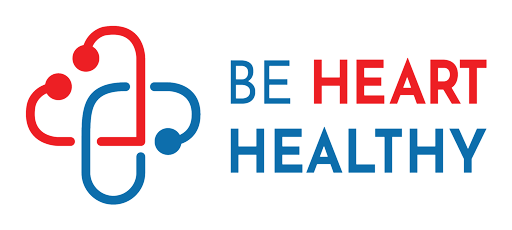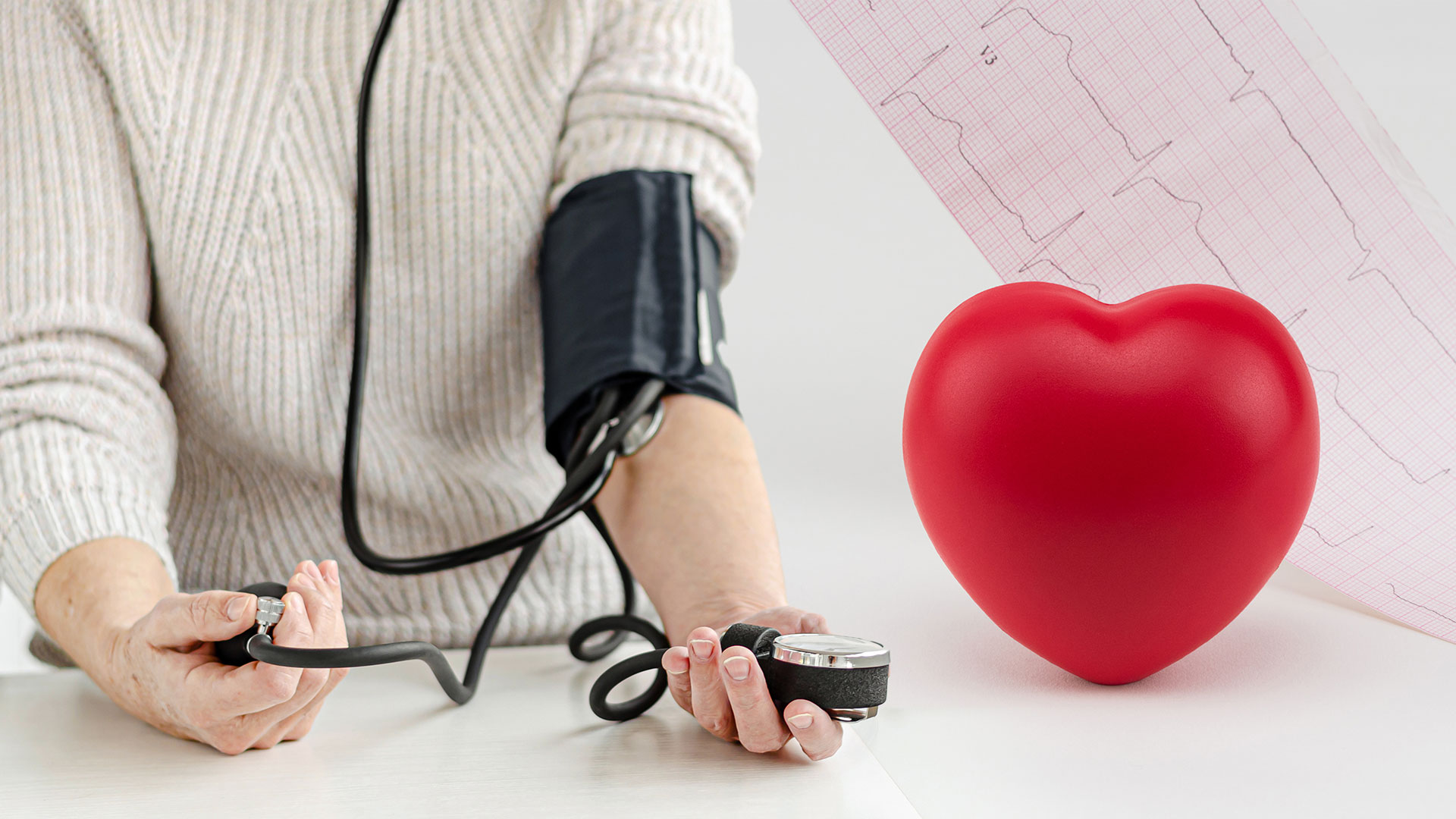Your heart health is usually reflected in several indirect ways, and one good parameter is long-term blood pressure control. If you are a patient suffering from hypertension, you will probably need an appointment with your cardiologist.
Non-Pharmacologic Therapy
Most consultant cardiologists will not jump straight into medications, and this should be considered a good thing in all aspects! First off, it will indicate that your blood pressure is at a range that is controllable without the need for medication, and secondly, these antihypertensives come with their side effects.
So, don’t despair if your heart doctor does not give you a list of drugs and tells you to exercise at least a half-hour on five days of the week, to watch your weight, and most importantly, to reduce your intake of salt instead. It has been proved that high salt consumption is the number 1 reversible cause of hypertension globally. This article will not deal with specific lifestyle measures, but in general, make sure you limit your salt consumption to about 2g per day if you have hypertension (this is roughly equivalent to a little less than a teaspoon of salt!)
Pharmacological Therapy
Moving on to our more pharmacological options, there will come a time where you and your cardiologist will make a shared decision about starting drug treatment. From the many antihypertensives available in the market, only a few popular categories are given to most patients.
The treatment of hypertension follows a step-by-step protocol (Jaques, 2013), where we begin by assessing the patient’s age and other comorbidities.
Step1
If you are less than 55 years old or have type 2 diabetes mellitus at any age, you will be prescribed either an ACE inhibitor (Angiotensin Converting Enzyme Inhibitor) such as Enalapril or Ramipril or an ARB (Angiotensin Receptor Blocker) such as Losartan or Candesartan.
How will your doctor choose between the two? Initially, he will look for any hints that you may not tolerate an ACE inhibitor, such as a chronic cough or asthma, and if he finds none, he will give you the go-ahead for the ACE inhibitor. If he doesn’t think you are fit to take it, he will prescribe an ARB instead.
For patients who are over 55 years old, without diabetes – a calcium channel blocker is indicated. This includes drugs like verapamil, diltiazem, and other dihydropyridines like nifedipine. Once starting this drug, you may have to come for regular check-ups for ankle edema, a common side-effect of these medications. In case you are developing significantly troublesome edema, your doctor may switch to something known as a thiazide diuretic instead. At the onset, he may opt for a newer thiazide diuretic such as indapamide over more conventional diuretics like hydrochlorothiazide that have more side effects.
Step2
If your blood pressure remains uncontrolled, it will be necessary to progress to step 2. Here, you will receive a combination of two drugs which includes your starting drug, and one additional. If you started off with an ACE inhibitor or an ARB, you would also get either a thiazide diuretic or a Calcium channel blocker.
In case you began with a calcium channel blocker, you can choose between either an ACE inhibitor, ARB or thiazide diuretic. Either way, it is important to note that an ACE inhibitor and an ARB cannot be prescribed together as they act in the same way. (Mayor, 2011)
Step 3
If your hypertension is still not controlled, you may have to seriously think about whether you are taking your drugs properly in the correct doses, and you can discuss with your doctor if you think there are discrepancies between prescriptions and actually taking the drug.
Failing to find any lack of compliance, your doctor may add on yet another drug to the two you are already taking. This combination will include either an ACE inhibitor or an ARB, a calcium channel blocker, and a thiazide diuretic. However, beyond this point, you are considered to have resistant hypertension.
Step 4
Your doctor may want to run a panel of tests to confirm resistant hypertension, as it is mostly a diagnosis of exclusion, but if he does diagnose it, he will start you on either one of the following two medications, depending on the status of a crucial electrolyte in your body called Potassium.
This is because one of the drugs given for resistant hypertension is spironolactone, a potassium-sparing diuretic (which loses water but prevents the loss of Potassium from the kidneys) that will cause an increase in body potassium levels. Only if your blood potassium level is lower than 4.5 mEq/L, your doctor can prescribe spironolactone. If it is high, you can start either an alpha or beta blocker, depending on a shared decision made by your doctor and you.
If you are still having trouble controlling your blood pressure despite being on all these drugs, your doctor will have to refer you for further evaluation!
References
Jaques, H., 2013. NICE guideline on hypertension. European heart journal 34, 406-408.
Mayor, S., 2011. Hypertension diagnosis should be based on ambulatory blood pressure monitoring, NICE recommends. BMJ (Clinical research ed.) 343, d5421.




